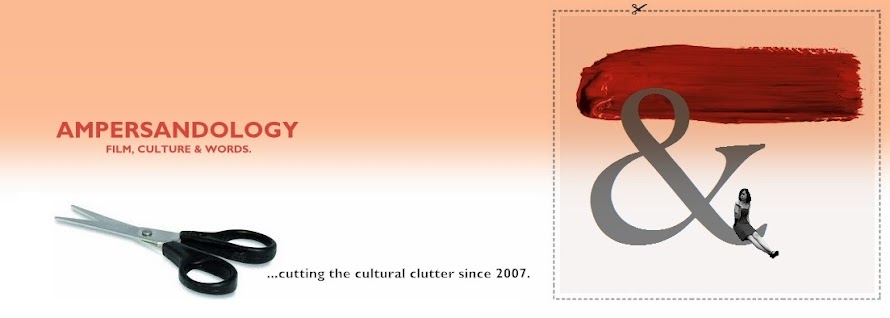by Jillian Butler, Ampersandology
I love Canada. Wait--let me revise that statement. I love Canada, but I especially love Mordecai Richler's Canada. Such interesting, heartbreaking things happen there! Also, that Canada includes Dustin Hoffman so, huzzah! I'm so happy to finally see this; it was sold out for the entirety of TIFF.
I cannot put this collection down. Nothing in these stories reinvent the wheel, plot-wise, but Selecky's voice is incredible, in the kind of way that these character-driven tales have to be buoyed by. This book was nominated by the Giller, and after reading it, it's almost unbelievable to me that anything else could win if Selecky had to lose.
The story of Blind Willie Johnson is one of tragic circumstances, so downtrodden it seems implausible--he was blinded as a child by his father's vengeful second wife (lye to the eyes), he married twice unsuccessfully, and when his house burned down, he resigned himself to living in its rubble. Then he died. But you know what? This song is floating in the cavity of Voyager probe, shot out of the solar system in the hope that this capsule could act as an introduction to our world to other, unknown lifeforms. He lives, but in a different form than the rest of us.
WATCHING
Barney's Version (2010)
I love Canada. Wait--let me revise that statement. I love Canada, but I especially love Mordecai Richler's Canada. Such interesting, heartbreaking things happen there! Also, that Canada includes Dustin Hoffman so, huzzah! I'm so happy to finally see this; it was sold out for the entirety of TIFF.
READING
This Cake is For the Party, Sarah Selecky
LISTENING
Blind Willie Johnson, "Dark Was the Night, Cold Was the Ground."
Like, on repeat. Also. this cover by the outstanding Kronos Quartet.
The story of Blind Willie Johnson is one of tragic circumstances, so downtrodden it seems implausible--he was blinded as a child by his father's vengeful second wife (lye to the eyes), he married twice unsuccessfully, and when his house burned down, he resigned himself to living in its rubble. Then he died. But you know what? This song is floating in the cavity of Voyager probe, shot out of the solar system in the hope that this capsule could act as an introduction to our world to other, unknown lifeforms. He lives, but in a different form than the rest of us.
Have a suggestion for a future Ampersandology topic? Got something
you’d like to say? All feedback welcome! Shoot us an email at ampersandology@gmail.com, or follow Ampersandology on Facebook.





